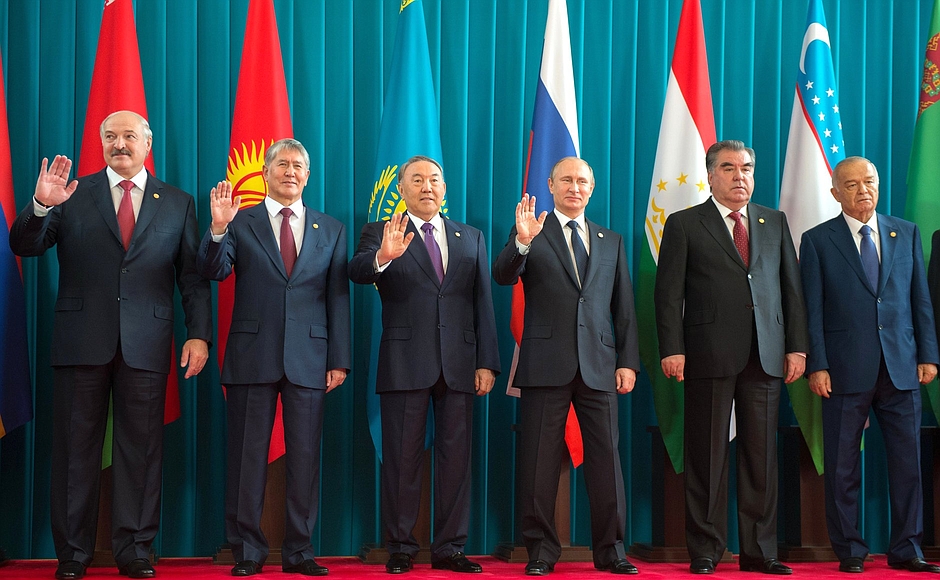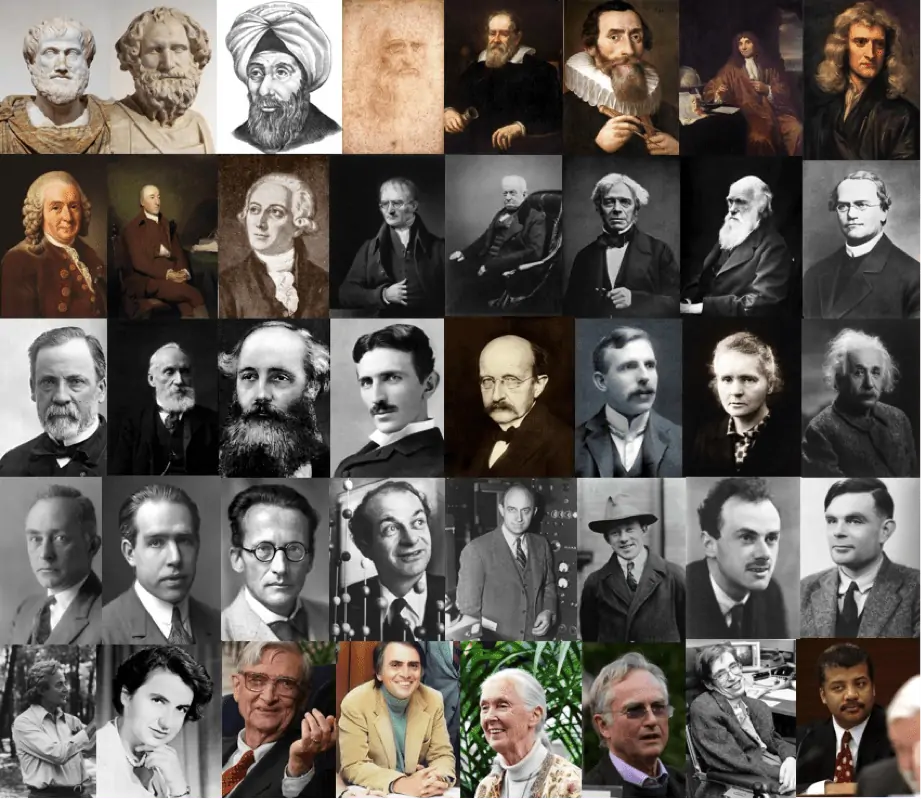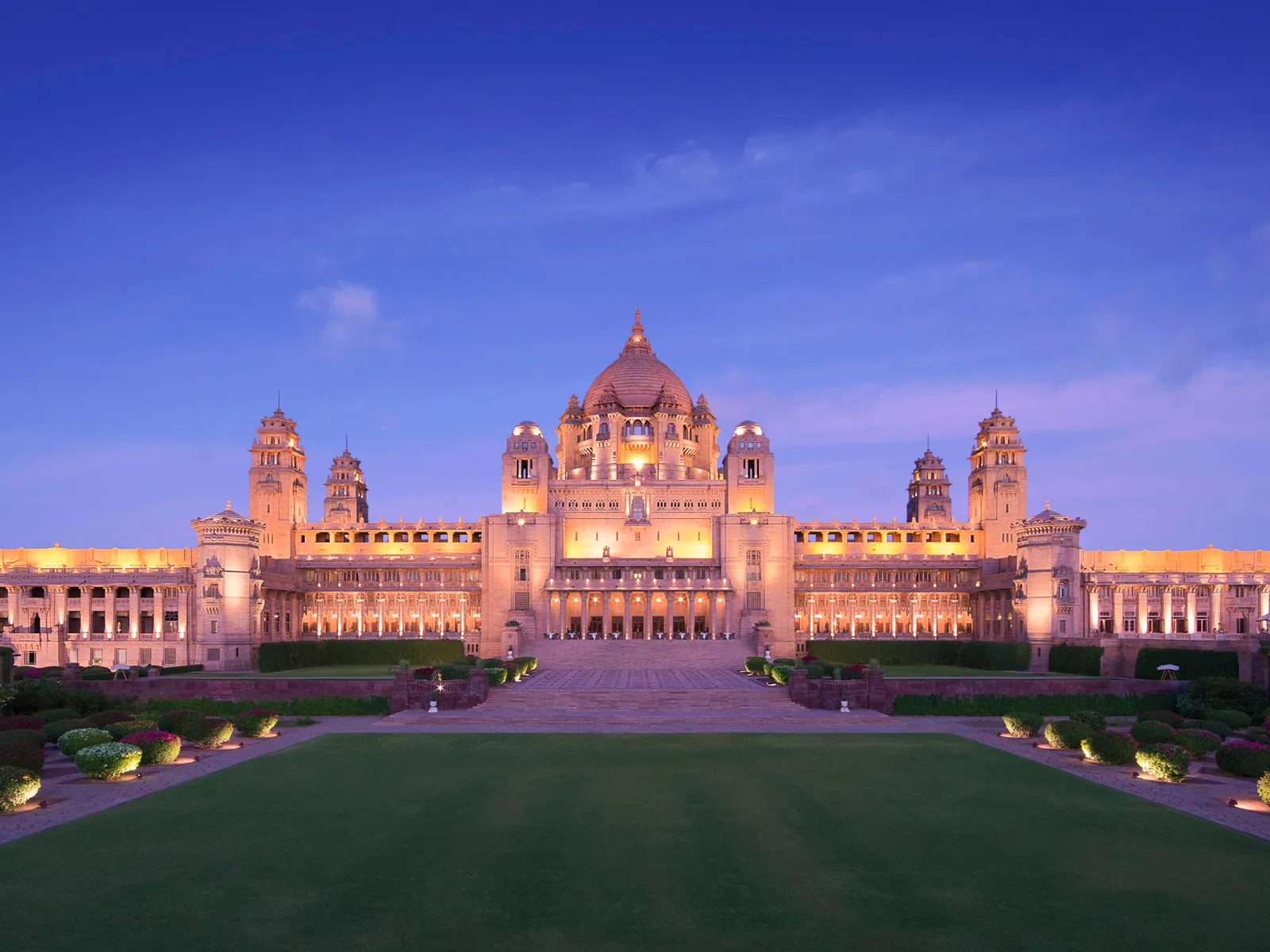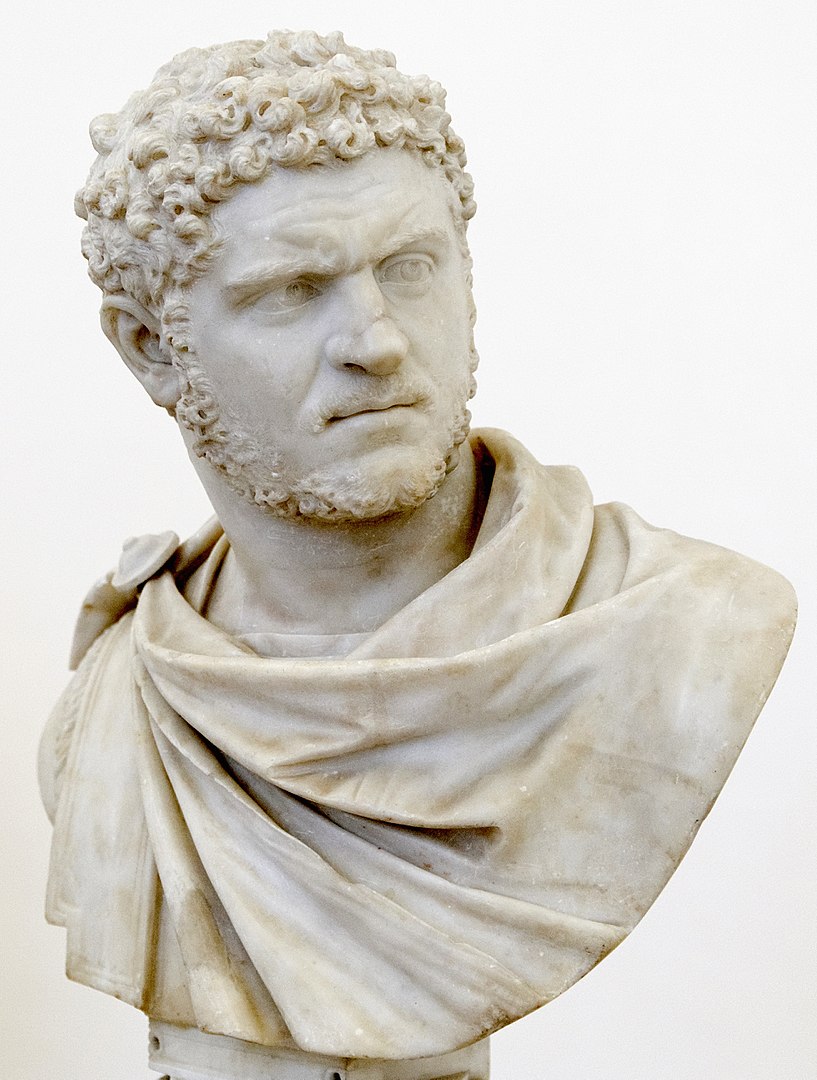Stamp: Preparation of the Civil Code 1800-1804 (Cuba 1988)
Preparation of the Civil Code 1800-1804 (Cuba 1988)
15 July (Cuba ) within release 100th anniversary José Raúl Capablanca (1888-1942) goes into circulation Stamp Preparation of the Civil Code 1800-1804 face value 0.45 French franc
| Stamp Preparation of the Civil Code 1800-1804 in catalogues | |
|---|---|
| Yvert et Tellier: | Yt:FR 1774 |
| Michel: | Mi:FR 1853 |
Stamp is horizontal format.
Also in the issue 100th anniversary José Raúl Capablanca (1888-1942):
- Stamp - Preparation of the Civil Code 1800-1804 face value 0.45;
- Stamp - Chess face value 30;
- Stamp - J. Corza, Capablanca face value 40;
- Souvenir Sheet - Brand Michel 298, lady.Picture as est face value 10;
- Stamp - Winning Configuration, 1921 face value 1;
- Stamp - Portrait of José Capablanca (1888-1942), world chess champio face value 3;
- Stamp - Chessmen, Capablanca face value 5;
- Souvenir Sheet - Chess face value 60;
- Souvenir Sheet - Chess face value 1;
- Souvenir Sheet - Chess face value 2;
- Stamp - The 100th Anniversary of the Birth of Jose Capablanca face value 5;
Stamp Preparation of the Civil Code 1800-1804 it reflects the thematic directions:
A head of state (or chief of state) is the public persona that officially represents the national unity and legitimacy of a sovereign state. In some countries, the head of state is a ceremonial figurehead with limited or no executive power, while in others, the head of state is also the head of government. In countries with parliamentary governments, the head of state is typically a ceremonial figurehead that does not actually guide day-to-day government activities and may not be empowered to exercise any kind of secular political authority (e.g., Queen Elizabeth II as Head of the Commonwealth). In countries where the head of state is also the head of government, the president serves as both a public figurehead and the actual highest ranking political leader who oversees the executive branch (e.g., the President of the United States).
Famous People refers to the fame and public attention accorded by the mass media to individuals or groups or, occasionally, animals, but is usually applied to the persons or groups of people (celebrity couples, families, etc.) themselves who receive such a status of fame and attention. Celebrity status is often associated with wealth (commonly referred to as fame and fortune), while fame often provides opportunities to make money.
A scientist is a person who researches to advance knowledge in an area of the natural sciences
A palace is a large residence, often serving as a royal residence or the home for a head of state or another high-ranking dignitary, such as a bishop or archbishop. The word is derived from the Latin name palātium, for Palatine Hill in Rome which housed the Imperial residences
The word emperor (from Latin: imperator, via Old French: empereor) can mean the male ruler of an empire. Empress, the female equivalent, may indicate an emperor's wife (empress consort), mother/grandmother (empress dowager/grand empress dowager), or a woman who rules in her own right and name (empress regnant or suo jure). Emperors are generally recognized to be of the highest monarchic honour and rank, surpassing king. In Europe, the title of Emperor has been used since the Middle Ages, considered in those times equal or almost equal in dignity to that of Pope due to the latter's position as visible head of the Church and spiritual leader of the Catholic part of Western Europe. The emperor of Japan is the only currently reigning monarch whose title is translated into English as "Emperor"
A building or edifice is a structure with a roof and walls standing more or less permanently in one place, such as a house or factory. Buildings come in a variety of sizes, shapes and functions, and have been adapted throughout history for a wide number of factors, from building materials available, to weather conditions, to land prices, ground conditions, specific uses and aesthetic reasons. Buildings serve several needs of society – primarily as shelter from weather, security, living space, privacy, to store belongings, and to comfortably live and work. A building as a shelter represents a physical division of the human habitat (a place of comfort and safety) and the outside (a place that at times may be harsh and harmful).






